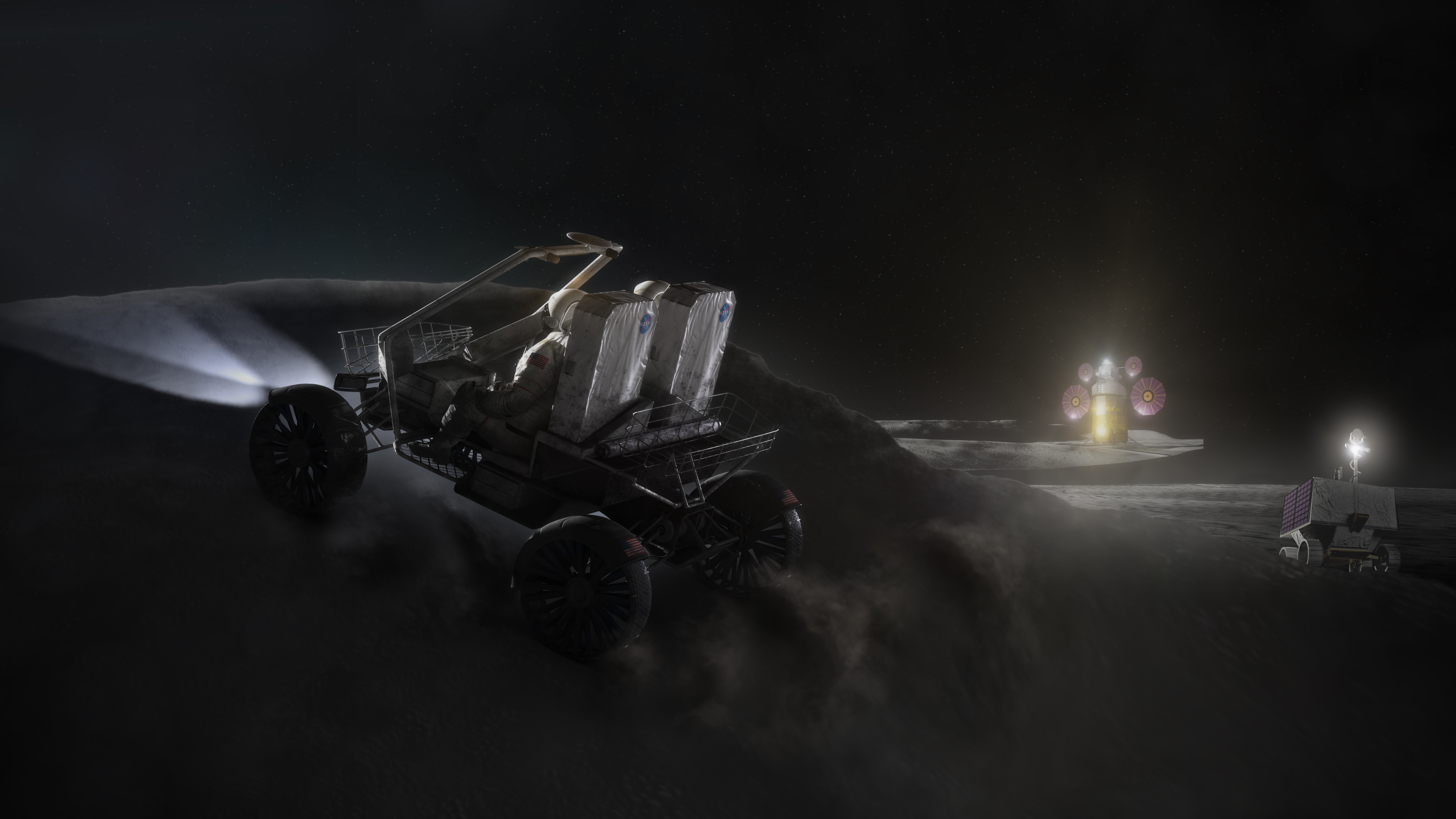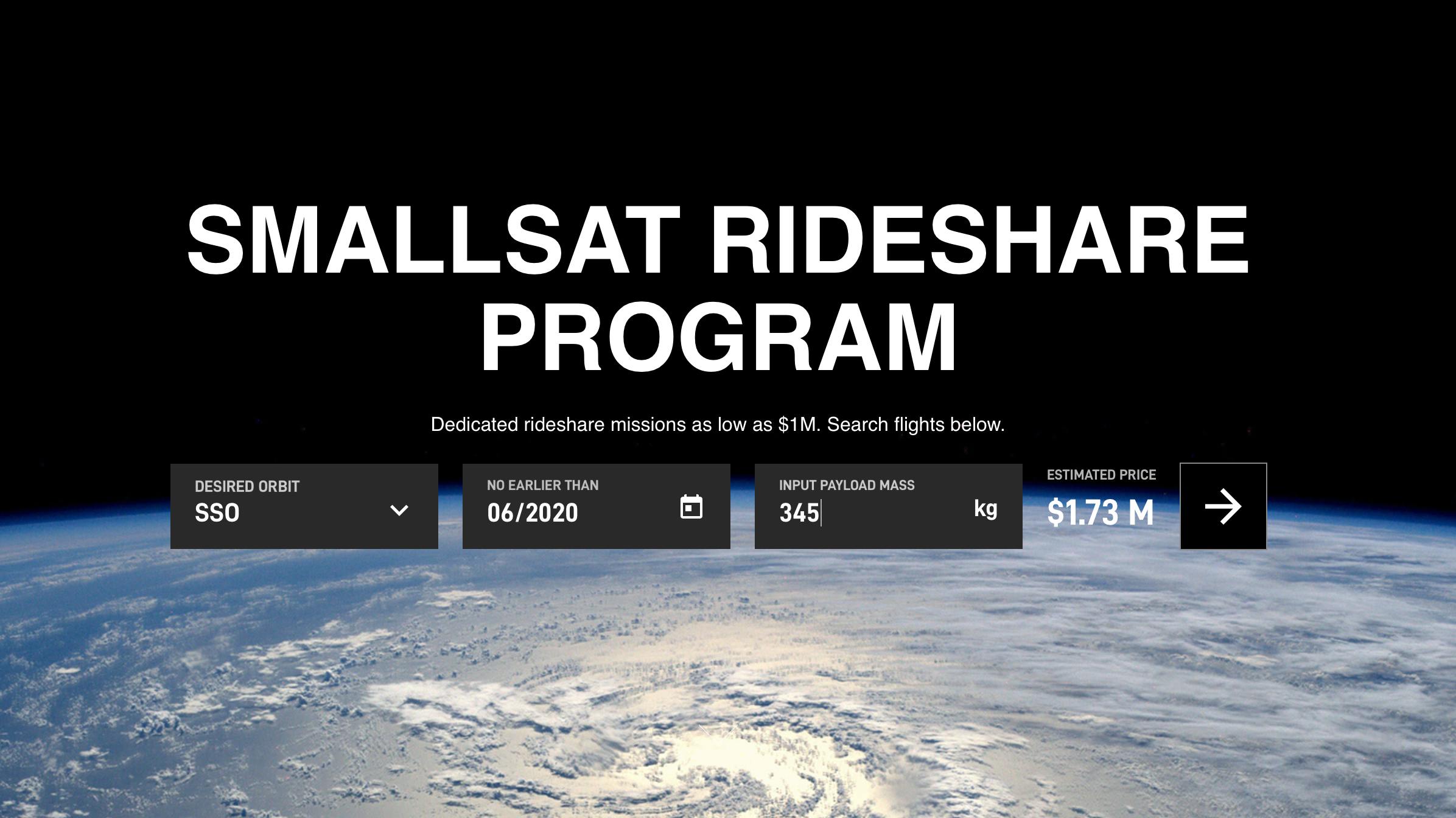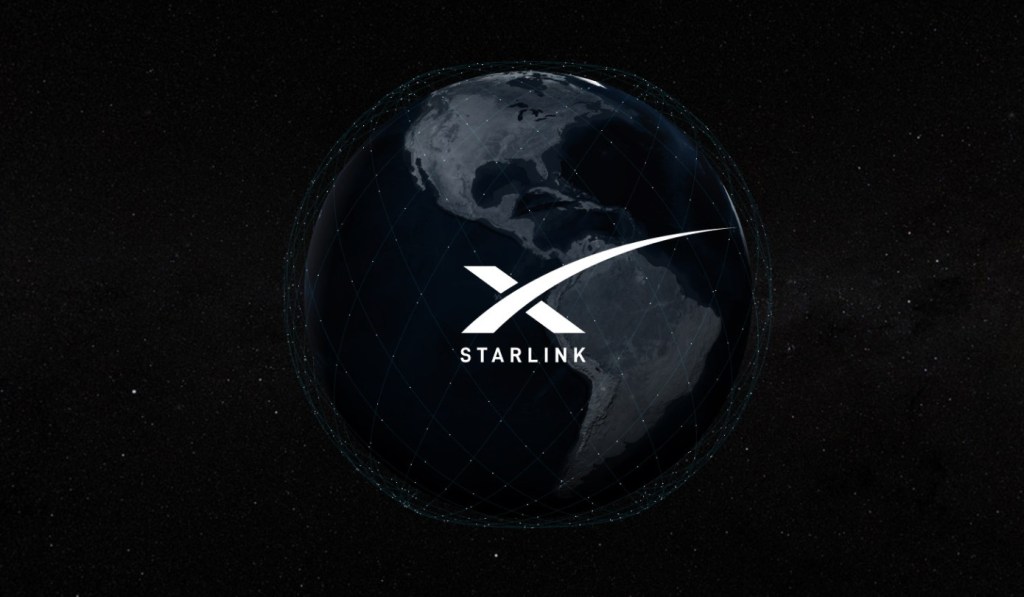Max Q is a new weekly newsletter all about space. Sign up here to receive it weekly on Sundays in your inbox.
Two rocket launches were set to take off Sunday, including one from Wallops Island in Virginia and another from Cape Canaveral in Florida. The first is a relatively standard (but still exciting — we are talking about rockets here, very little is “standard”) ISS resupply mission, and the second is a major scientific mission from NASA and the ESA called the “Solar Orbiter.”
Unfortunately, a technical issue meant the ISS resupply mission is rescheduled for Thursday — but the Solar Orbiter launched as planned, with as clean a delivery by the ULA Atlas V rocket that launched it as you can ask for.
Boeing Starliner encountered two potentially catastrophic issues
 Starliner, the crew spacecraft developed by Boeing for NASA’s Commercial Crew program, encountered not one, but two major software flaws during its most recent demonstration mission that would’ve been very bad had they not been corrected.
Starliner, the crew spacecraft developed by Boeing for NASA’s Commercial Crew program, encountered not one, but two major software flaws during its most recent demonstration mission that would’ve been very bad had they not been corrected.
The second one was only revealed in detail this week, and was discovered and patched only because the first software issue caused the ground team on the mission to go back over all the software relating to the capsule’s re-entry and check for potential errors. Otherwise, the mission team says it would not have been caught. No word yet on what this means definitively for Boeing’s crew program, but we’ll find out at the end of this month, according to NASA officials.
Trump administration asks for $3B NASA budget boost
NASA could get significantly more funding than it did in 2020 for its fiscal 2021 operating year, with the bulk of a proposed $3 billion increase earmarked for development of human landers to be used in the Artemis program. Trump will still have to make that official during his budget presentation on February 10 (that’s today), but it looks like a strong endorsement of the agency’s plans by the current administration.
NASA seeks industry input on rovers
 NASA may be looking to lock its lander plans this coming year, but it’s also asking industry to provide concepts and input on lunar rovers, including robotic designs and ideas for human-carrying Moon buggies. This will likely lead to some kind of formal RFP for commercial rover partners down the road.
NASA may be looking to lock its lander plans this coming year, but it’s also asking industry to provide concepts and input on lunar rovers, including robotic designs and ideas for human-carrying Moon buggies. This will likely lead to some kind of formal RFP for commercial rover partners down the road.
OneWeb launches 34 more satellites for its constellation
Meanwhile, Starlink competitor OneWeb launched its second batch of satellites, a group of 34 spacecraft. The company says this is just the beginning of its plans that include launching a group of at least 30 satellites per month until its constellation reaches its goal of 650, though it did also note that it’s going to pause the campaign in April to incorporate a satellite redesign.
SpaceX launches online rocket rideshare booking tool
 SpaceX has launched a new online booking portal for its rideshare rocket service, which actually lets anyone with a credit card book a rocket launch, starting at $1 million with a $5,000 down-payment. Don’t do this unless you actually plan to launch something and have your ducks in a row, however — unless you really want to just donate $5,000 to SpaceX.
SpaceX has launched a new online booking portal for its rideshare rocket service, which actually lets anyone with a credit card book a rocket launch, starting at $1 million with a $5,000 down-payment. Don’t do this unless you actually plan to launch something and have your ducks in a row, however — unless you really want to just donate $5,000 to SpaceX.
Inside Astra’s unique new launch offering
Astra is a new launch startup that’s been developing its rocket for at least three years, but that only recently broke cover. I spoke to CEO and founder Chris Kemp about the company’s business model — and found out it’s not like anything else currently in the market, by design. (ExtraCrunch subscription required.)

Register for TC Sessions: Space 2020
Our very own dedicated space event is coming up on June 25 in Los Angeles, and you can get your tickets now. It’s sure to be a packed day of quality programming from the companies mentioned above and more, so go ahead and sign up while Early-Bird pricing applies.
Plus, if you have a space startup of your own, you can apply now to participate in our pre-event pitch-off, happening June 24.






























Comment